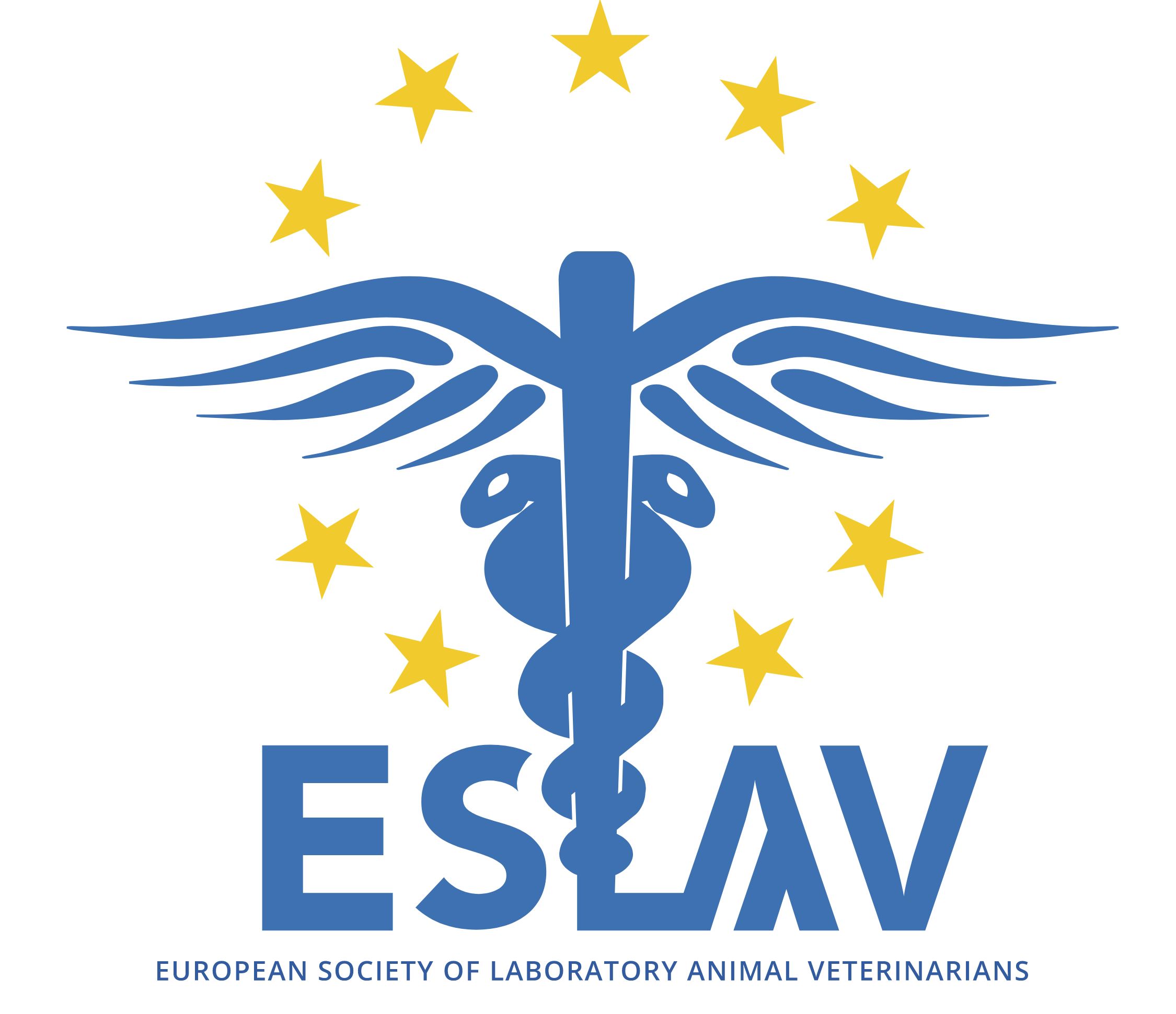Description
Umeå University conducts groundbreaking research within several areas, not least in biomedicine. The University’s animal experiments are primarily carried out at the Faculty of Medicine and the Faculty of Science and Technology. Animal husbandry in the area of biomedicine is located at the Umeå Centre for Comparative Biology (UCCB, read more here). Much of the research is based on genetically modified mice. The generation and identification of these animals takes place at the Umeå Transgene Core Facility (UTCF), housed within UCCB, which is specially designed for these activities. Other animal species used in research at UCCB are rats, pigs and zebrafish.
We are currently seeking a University Veterinarian Work duties
We are seeking applicants who are interested in taking part in expanding the knowledge of health and disease in animals and humans. The role offers independent and varied veterinary work with flexibility for the successful applicant to plan their own work hours. The successful applicant will have the opportunity to gain further qualifications as a specialist in laboratory animal science, to attend courses/conferences on the subject of experimental animal science as well as research seminars at the University. Read more about employee benefits at the University by clicking on the link here.
Work duties include active participation in providing guidance to researchers through consultation, assistance with model selection, procedures, anaesthesia and pain relief, as well as basic training of staff and researchers. The successful applicant will also act as a resource with regard to animal welfare issues and will collaborate with animal carers and other staff at UCCB as well as with researchers across the University.
The successful applicant will represent Umeå University in a national network of veterinarians in animal experimentation.
Core duties include the provision of veterinary care for laboratory animals in accordance with Swedish legislation. Important components of the work include health monitoring and infection tracking. The successful applicant will contribute to a high quality of animal husbandry and experimentation, which is reflected in good animal welfare, a high ethical profile and good service, and active work with and application of the 3R principles.
Qualifications
For appointment as a university veterinarian, Swedish veterinary qualifications are required. It is desirable for the applicant to hold a PhD and have experience of experimental animal activities and reproductive techniques. Knowledge of experimental animal legislation, work experience in a small animal clinic, experience of infectious diseases, diagnostics or health inventories are also favourable.
As the work is carried out in collaboration with other professionals within the University, the successful applicant will need to be flexible and have good cooperation skills. Given that the organisation is a support function for the research being carried out, the successful applicant will also need to be quality conscious. A high degree of personal integrity is important as ethical issues form part of the work. Many researchers do not speak Swedish so the successful applicant must be able to communicate in English, in both speech and writing.
Applicants who do not have Swedish qualifications at the time of application (e.g. an applicant with foreign veterinary qualifications and experience in the field of experimental animals) are also welcome to apply for employment. For such applicants, a Swedish veterinary licence must be acquired prior to the appointment being made.
Terms and conditions
The position is a permanent full-time position, a probationary period may apply. First day of employment to be agreed upon.
Application
Please apply through the University’s e-recruitment system. The application must be received by 15/12/2022 and is to include:
A cover letter detailing the motivations for applying
CV/resume
Documentation of formal qualifications (diplomas, certificates, academic transcripts, etc.)

